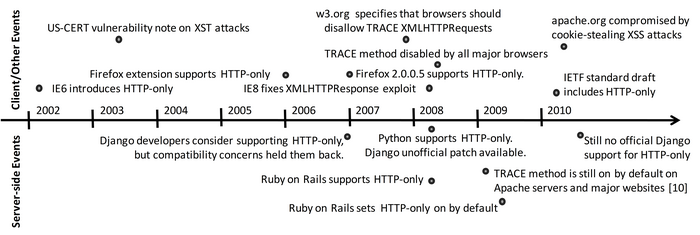British Prime Minister Gordon Brown has issued a long overdue apology to Alan Turing on behalf of the British government. The full text is here.
Turing was a quite brilliant mathematician, most famous for his work on breaking the German Enigma codes. It is no exaggeration to say that, without his outstanding contribution, the history of World War Two could well have been very different. He truly was one of those individuals we can point to whose unique contribution helped to turn the tide of war. The debt of gratitude he is owed makes it all the more horrifying, therefore, that he was treated so inhumanely. In 1952, he was convicted of ‘gross indecency’ – in effect, tried for being gay. His sentence – and he was faced with the miserable choice of this or prison – was chemical castration by a series of injections of female hormones. He took his own life just two years later.
… But even more than that, Alan deserves recognition for his contribution to humankind. For those of us born after 1945, into a Europe which is united, democratic and at peace, it is hard to imagine that our continent was once the theatre of mankind’s darkest hour. It is difficult to believe that in living memory, people could become so consumed by hate – by anti-Semitism, by homophobia, by xenophobia and other murderous prejudices – that the gas chambers and crematoria became a piece of the European landscape as surely as the galleries and universities and concert halls which had marked out the European civilisation for hundreds of years. It is thanks to men and women who were totally committed to fighting fascism, people like Alan Turing, that the horrors of the Holocaust and of total war are part of Europe’s history and not Europe’s present.
So on behalf of the British government, and all those who live freely thanks to Alan’s work I am very proud to say: we’re sorry, you deserved so much better.
The apology grew out of an online petition initiated by John Graham-Cumming (also known for writing the Geek Atlas travel guide). Britain has a long tradition of citizens being able to petition the government, which is now supported by an e-petitions website. The petition asking for an apology to Alan Turing is currently the fourth-most signed petition with 31,349 signatures (all of whom must be British citizens).
Some news coverage:




